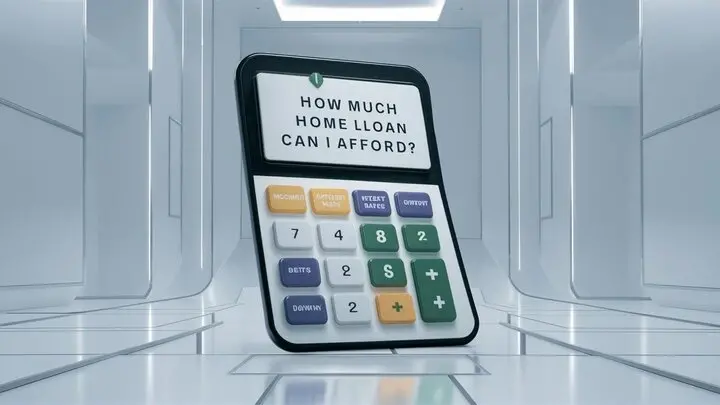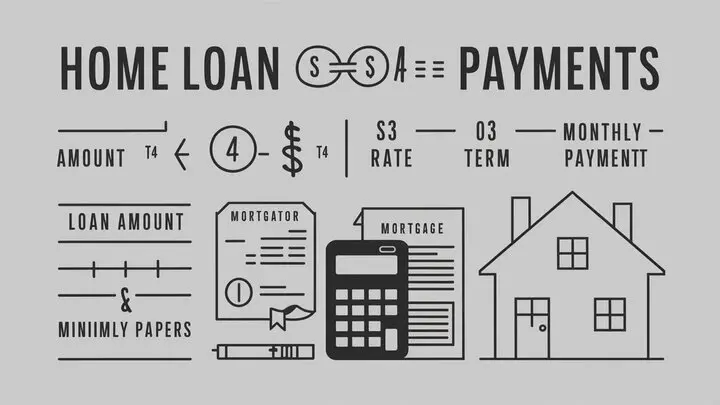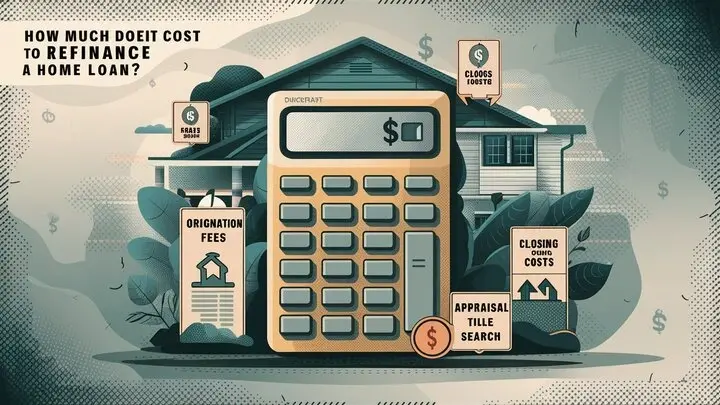-
Posted on: 29 Jul 2024
-
Can Experian of all my bank accounts?
It is a credit bureau that is among the three largest credit bureaus in the United States of America. The credit reporting agencies that gather financial and credit information to generate credit reports include Equifax, Trans Union, and Experian. These reports become a reference to lenders when an individual applies for credit or loans such as credit cards, and mortgages among others.
It is an often-asked question among many consumer groups – can Experian view all my bank accounts? The short answer is no, but let me elaborate we need to understand what Experian has access to and what they might do with it. However, as with any sort of credit reporting, there are some scenarios where Experian may not have clear visibility into aspects of your bank accounts and banking relationships.
What Kind of Banking Information is Gathered by Experian?
The main banking info that Experian gathers concerns credit accounts that you have with some of the banks, like credit card and auto loans or personal loans, home mortgages, student loans, and other credit.
For these credit accounts, Experian can view:
- This refers to the name of the bank or any other credit provider who offered the credit.
- The type of credit account whether it is a credit card, mortgage, or any other type of credit account that has been opened.
- It is the date the account was opened.
- The credit limit or original loan amount is a factor that is used during credit granting and poses the following characteristics.
- Monthly payment record depicting on-time or delayed payment period
This is because, unlike account numbers, balances, transactions, and other pertinent information on your actual bank accounts, Experian has only visibility into banking relationships connected to credit lending.
In normal current/checking accounts that do not have credit lines to any of the accounts, Experian has no view on balance, deposits, withdrawals, etc., but only data that involves lines of credit.
The cases when Bank Information Gets Reported to Experian
For credit accounts with banks and lenders, that information gets furnished to Experian and other credit bureaus typically when:
- You fill out a credit application – When new credit is established, there will be an inquiry, and account information will be reported.
- The bank or lender submits statements on months or quarters explaining the balance and the payment records.
- Another reason revolves around the fact that the account is sent to collection because you failed to pay for it.
- In the case of the credit account, there is another important alteration it may undergo, including closure or a dispute raised by the consumer.
Thus, the financial institutions report to Experian on the credit accounts you have initiated and, or, how you handle the credit facilities you have been granted.
This paper aims to explain how Experian acquires credit account data.
Banks and lending institutions do not just allow access to their accounting ledgers and databases as provided by companies such as Experian. The system of consumer credit reporting is very much protected under the provisions of the FCRA or the Fair Credit Reporting Act. So Experian cannot simply get into the bank account systems in the country without the approval of the consumer.
Rather, the actual credit account information is securely transferred by the banks and other lenders to Experian and other bureaus relating to the customer credit accounts handled by that specific financial institution. Reporting of this nature normally takes place through electronic means such as using formats, account codes, and encryption.
Experian has rules that regulate the way their personnel handles consumers’ financial data as well as the extent to which they can access the information. Experian does not possess a direct link to the vast array of banking information. It affords them the capacity only to accept and relay information about consumer credit accounts already opened.
Can Experian See Bankruptcies?
When a consumer files for bankruptcy, the fact that the holder has filed for bankruptcy does show up in credit reports from Experian. The Chapter 7 and Chapter 13 bankruptcy filings are public information and the lenders, agencies for collection, and government entities report the filings to Experian.
As for the information about non-credit bank accounts, Experian cannot access them, but if certain major events such as bankruptcies are necessary for the intervention of the court and filings, then they will become visible.
Is It Possible to Get a Credit Card without Experian Knowledge?
In simple terms, whenever you apply for any credit card or even a loan, the application you fill out causes an inquiry on your file at Experian to be categorized as a hard inquiry. Further, if one got approved for the credit card then the new account gets reflected and gets included in the Experian credit report.
So no, it is impossible to apply for a new credit card or line of credit and not have that information sent to Experian through the usual processes of credit reporting systems in the banking and lending sectors. The consumer credit file of any extension of credit to consumers is documented.
However, using checking and or savings accounts, use of debit cards, and any other means of payment other than credit such as cash, wire transfer, crypto, etc. are not visible and cannot be reported to Experian consumer credit files. Lenders that require a bank account as collateral are the only lines of credit reported in the Experian credit reports.
Tradeoffs of Handling Effectiveness of Bank Accounts about Credit Score
Although Experian is not reporting all your bank account details, the few details that it has can affect your credit score, if not managed well. The negative things that you have on your accounts such as high credit card balances, late payments, fraud alerts, and other negative factors can reduce the Experian credit score and as a result of this, it becomes difficult to be approved for credit facilities.
This is why it is essential to exercise proper control of any credit instruments linked to the bank or any other lending account. Always honor all bills. Keep account balances low. Diversify across many cards & loans. Avoid requesting credit at very many places, new places, and/or frequently. Such kind of best practices assist in guaranteeing that your banking relationships are not pulling down your Experian credit score.
How to Regularly Check Your Credit Report and Credit Score
Since the activity in one’s bank account may be reported to the Experian credit reference, it is advisable to once in a while review one’s credit file and score. To get your free annual credit report, you can visit the website www.annualcreditreport.com, which includes credit reports from Experian, Equifax, and TransUnion. For more often monitoring, you can use free and fee-based credit monitoring services which provide you with online access to your latest credit information provided by Experian and other credit bureaus.
From this information, they can confirm when new accounts get added, monitor for signs of identity theft, and also rectify wrong information being reported to the credit bureaus at the right time through the credit report dispute procedures. Get to help your Experian credit file, in such a way as to enhance your borrowing status each time you apply for lending offers in the future.
Summary
Checking, savings, or any other noncredit banking transactions do not show up on Experian but information regarding loans, credit cards, or any other type of line of credit with any financial institute does get updated to Experian periodically. Credit account management ensures that the credit reference agency such as Experian is not supplied with damaging information that can lower the score that lenders use. This way monitoring of credit files offers a clear picture of exactly which bank account details Experian can pull in determining creditworthiness.
Improve your credit score now—call (888) 803-7889 for a free consultation!










